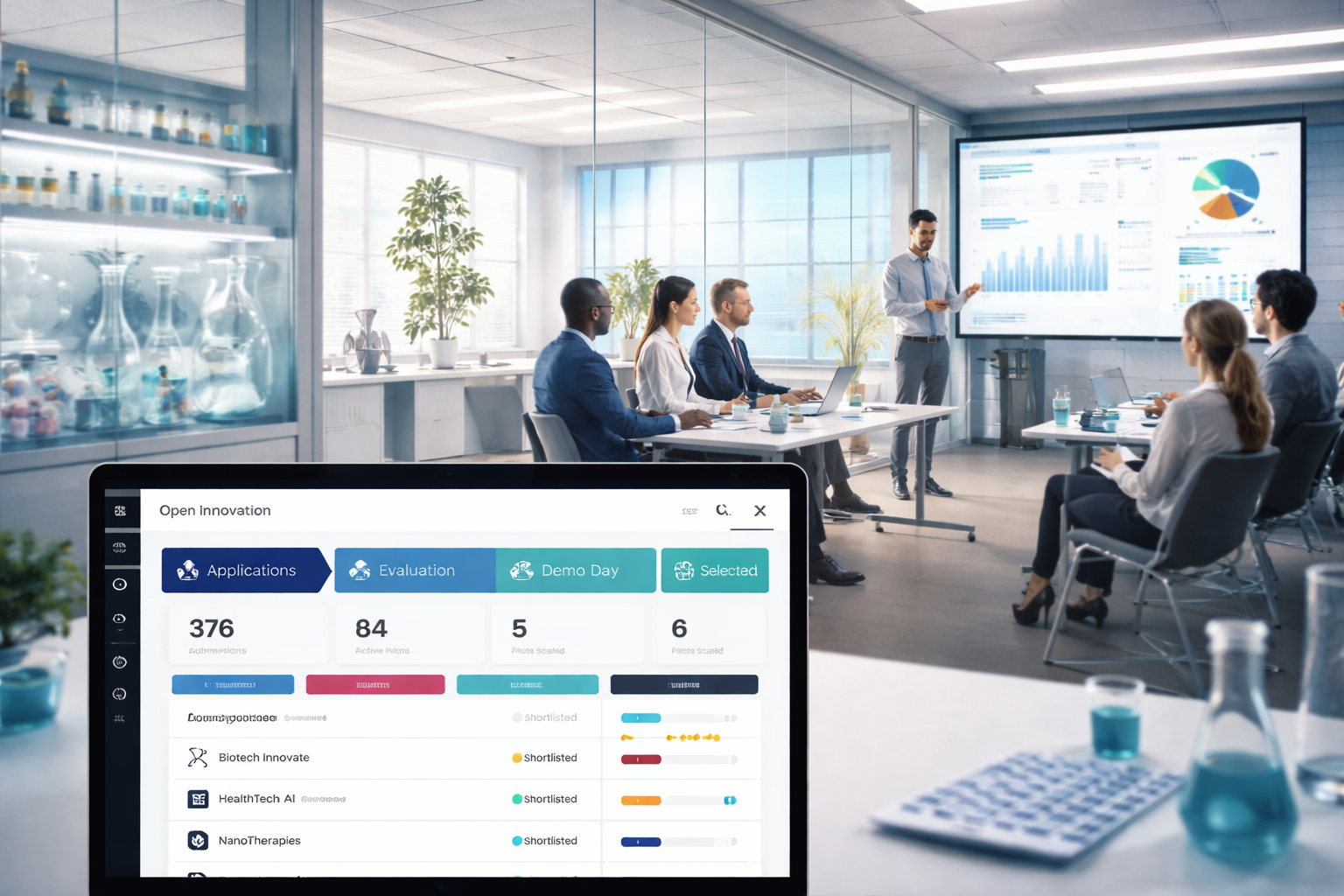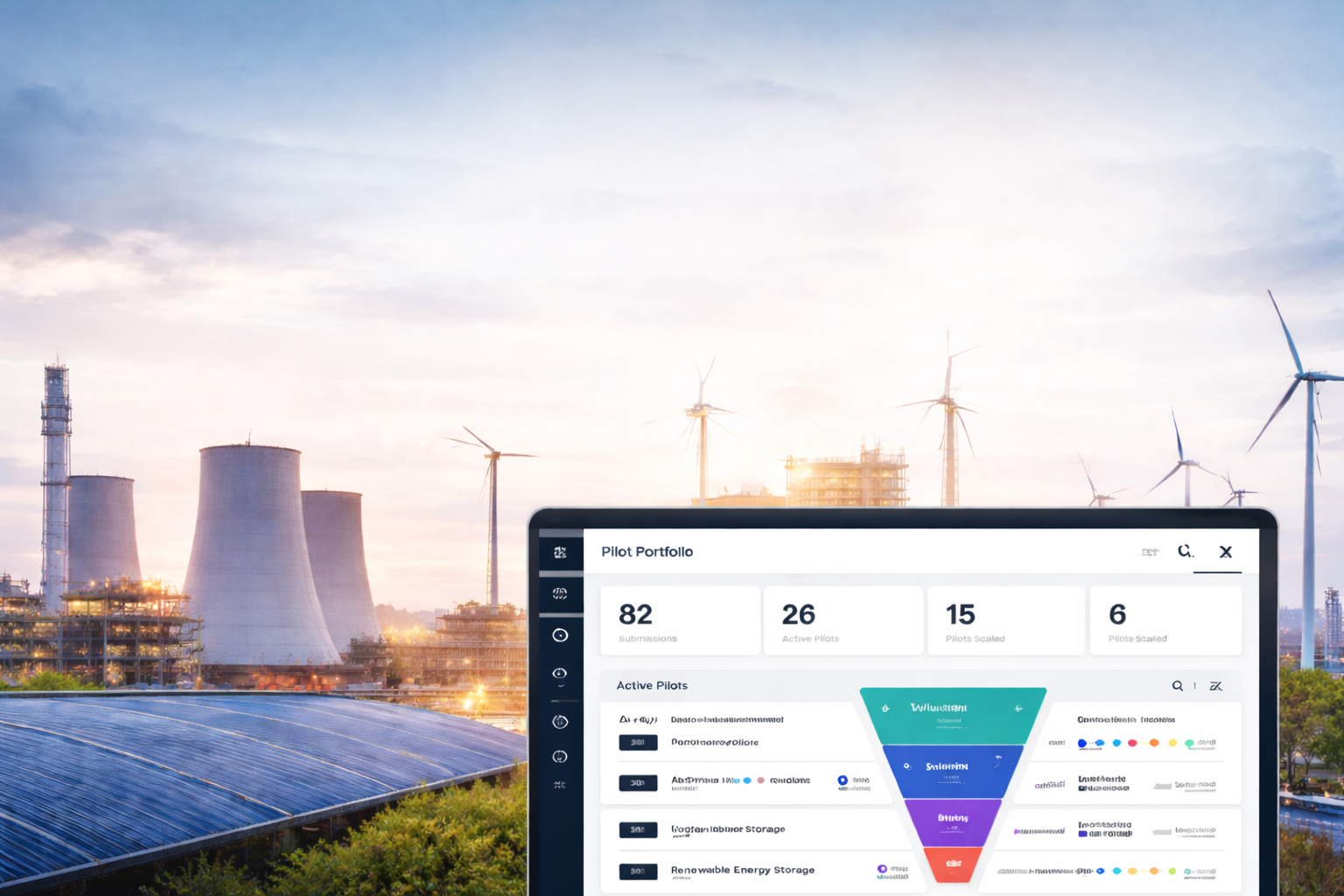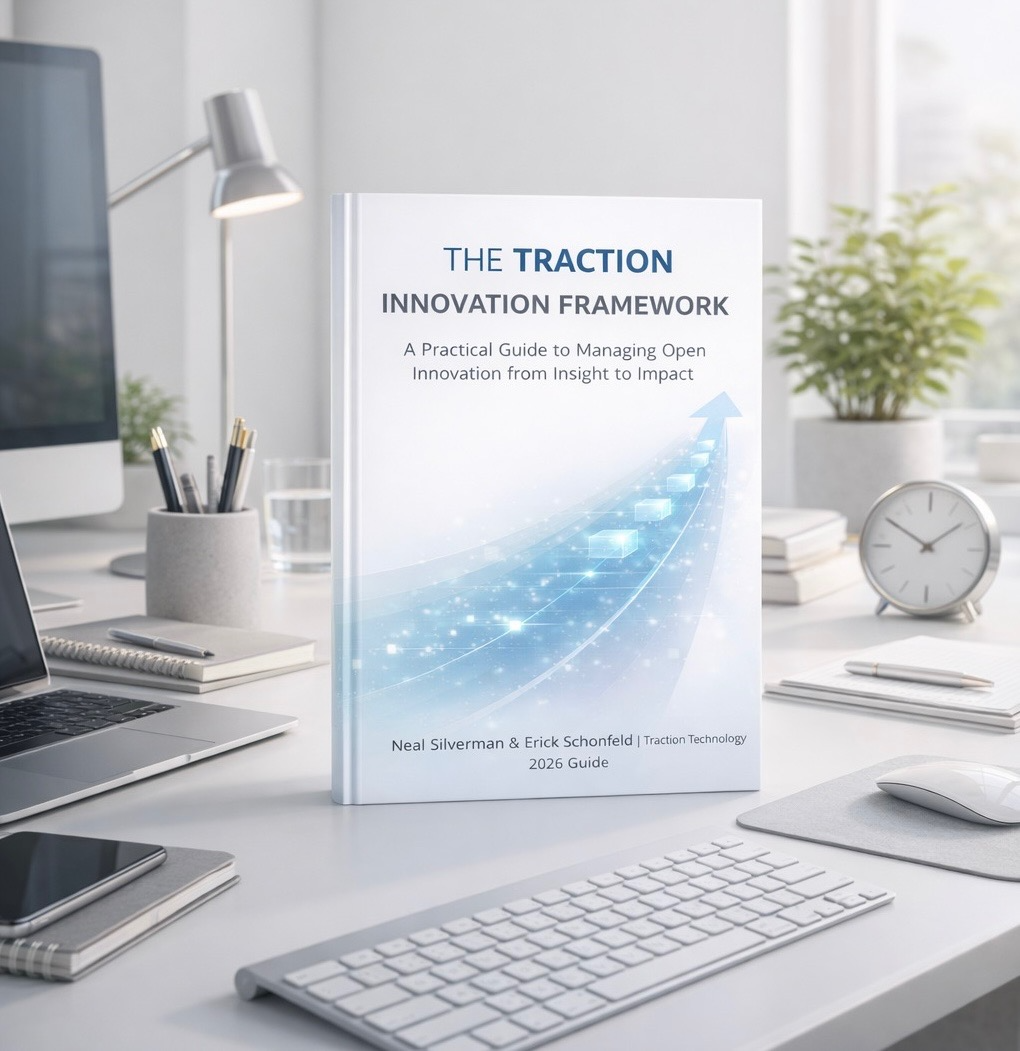Welcome to the era of the factory of the future, where cutting-edge technology and automation converge to reshape the manufacturing landscape. Also known as the "Smart Factory" or "Industry 4.0," this visionary production environment brings forth a highly connected, digitized, and intelligent ecosystem. Let's delve into the key characteristics and components that define the factory of the future and explore how it is revolutionizing manufacturing processes. Now let's explore some of the key drivers shaping the factories of the future.
Industrial IoT and Connectivity:
At the heart of the factory of the future lies a network of interconnected devices, machines, and systems. Through the Industrial Internet of Things (IIoT), seamless communication and data exchange occur within the factory ecosystem. Sensors, actuators, and intelligent machines work together, providing real-time insights into production, inventory, quality, and maintenance. This connectivity enables manufacturers to make informed decisions and optimize operations.
Automation and Robotics:
Automation takes center stage in the factory of the future, transforming the way tasks are performed. Advanced robotics and automation systems collaborate with human workers, taking on repetitive and hazardous tasks. Robotic arms, autonomous guided vehicles (AGVs), and cobots (collaborative robots) handle assembly, material handling, and quality control. This collaboration enhances efficiency, precision, and workplace safety.
Artificial Intelligence and Machine Learning:
The factory of the future harnesses the power of AI and machine learning algorithms to drive intelligent decision-making. These technologies enable predictive maintenance, quality control, and process optimization. AI-powered systems analyze vast amounts of data, identifying patterns, optimizing workflows, and making autonomous adjustments. The result is improved efficiency, productivity, and the ability to adapt to dynamic manufacturing demands.
Big Data and Analytics:
Data-driven insights play a pivotal role in the factory of the future. Large volumes of data from sensors, machines, and systems are collected and analyzed in real-time. Advanced analytics techniques, such as data mining and predictive modeling, uncover hidden patterns and bottlenecks. Manufacturers can proactively make informed decisions to optimize production processes, resource allocation, and overall efficiency.
Additive Manufacturing (3D Printing):
3D printing technologies revolutionize production in the factory of the future. Additive manufacturing enables on-demand and customizable production, minimizing lead times and reducing material waste. Complex parts and prototypes can be created rapidly, facilitating iterative design processes and reducing reliance on extensive tooling. This flexibility empowers manufacturers to adapt quickly to changing market demands.
Augmented Reality (AR) and Virtual Reality (VR):
AR and VR technologies enhance productivity, training, and maintenance processes within the factory. AR overlays digital information onto the physical environment, providing real-time instructions, visualizations, and data to workers. VR enables immersive training simulations, remote collaboration, and virtual design reviews. These technologies improve efficiency, reduce costs, and enable enhanced communication and problem-solving.
Cybersecurity and Data Privacy:
As connectivity and digitization increase, the factory of the future prioritizes robust cybersecurity and data privacy measures. Encryption, access controls, and network segmentation are implemented to protect sensitive data, intellectual property, and prevent cyber threats. Manufacturers understand the importance of safeguarding information in this interconnected environment.
Sustainable and Energy-Efficient Practices:
The factory of the future embraces sustainability and energy efficiency as core principles. Smart energy management systems monitor and optimize energy usage, incorporating renewable energy sources and minimizing waste. The use of sustainable materials, recycling practices, and environmentally friendly processes reduces the environmental impact of manufacturing operations.
Flexible and Agile Production:
Flexibility and agility are essential in the factory of the future to respond swiftly to market demands. Modular production systems and reconfigurable production lines enable rapid changeovers and customization. Real-time monitoring and predictive analytics optimize production schedules, inventory management, and supply chain integration. Manufacturers can adapt quickly to varying customer needs, reducing time-to-market.
Human-Centric Approach:
Despite increased automation, the factory of the future recognizes the significance of human workers. It emphasizes collaboration between humans and machines, leveraging the strengths of both. Upskilling the workforce to handle advanced technologies and focusing on problem-solving, innovation, and managing complex processes adds value to manufacturing operations.
Looking ahead
The factory of the future is revolutionizing manufacturing through its interconnected, digitized, and intelligent ecosystem. By embracing advanced technologies such as industrial IoT, automation, AI, and additive manufacturing, manufacturers can increase productivity, reduce costs, and respond effectively to evolving customer demands. With a focus on sustainability, energy efficiency, and human-centric approaches, the factory of the future paves the way for a more efficient, adaptable, and innovative manufacturing landscape. Embrace the possibilities and unlock the potential of the factory of the future for your business.
How can Traction Technology help?
Traction Technology is a ground-breaking platform engineered expressly to eliminate internal innovation silos, thereby enabling enterprises to seamlessly collaborate and align their business needs with promising technologies. By providing dynamic features that promote collaboration and innovation, they aim to accelerate digital transformation in the enterprise.
Here's how Traction Technology can help:
.png)
Discovery of Relevant Startups: Traction Technology helps established companies discover relevant advanced technologies aligned with their strategic goals and innovation areas. It curates startups based on different industries, technology trends, and areas of business interest, making it easier to find potential partners or investment opportunities and share this information across the enterprise.
Collaboration and Engagement Tools: Traction Technology offers tools that help manage the engagement process with startups. It provides a structured approach to evaluating, tracking, and managing interactions with multiple startups across multiple project and pilots, improving efficiency and collaboration.
Data-Driven Insights: The platform provides data-driven insights to help make informed decisions. This includes information on startup funding, growth indicators, customers and competitors, which can help in assessing potential startup partnerships.
Innovation Pipeline Management: Traction Technology aids in managing the innovation pipeline. It helps companies capture ideas and request and track innovation projects, monitor progress, and measure results in real time, promoting a culture of continuous innovation.
Track KPIs and Generate Custom Reports: Effortlessly track Key Performance Indicators (KPIs) with real time dashboards and generate custom reports tailored to your organization's unique requirements. Stay
.png)
ahead of the curve by monitoring projects progress and engagement.
By leveraging a platform like Traction Technology, established companies can gain a competitive edge, driving their digital transformation journey and adapting to the fast-paced business environment. It supports the integration of startup agility, innovation, and customer-centric approach into their operations, which is critical for success in the digital age.
About Traction Technology
We built Traction Technology to meet the needs of the most demanding customers, empowering individuals and teams to accelerate and help automate the discovery and evaluation of emerging technologies. Traction Technology speeds up the time to innovation at large enterprises, saving valuable time and money by accelerating revenue-producing digital transformation projects and reducing the strain on internal resources, while significantly mitigating the risk inherent in working with early-stage technologies.
Let us share some case studies and see if there is a fit based on your needs.
Learn more about the Top 20 Emerging Technologies That Could Transform Your Industry
and How Open AI is being used for Manufacturing at Scale
For more information
● Explore our software and research services.
● Download our brochure: How to Evaluate Enterprise Startups.
● Watch a demo of our innovation management platform and start your free trial.










.webp)